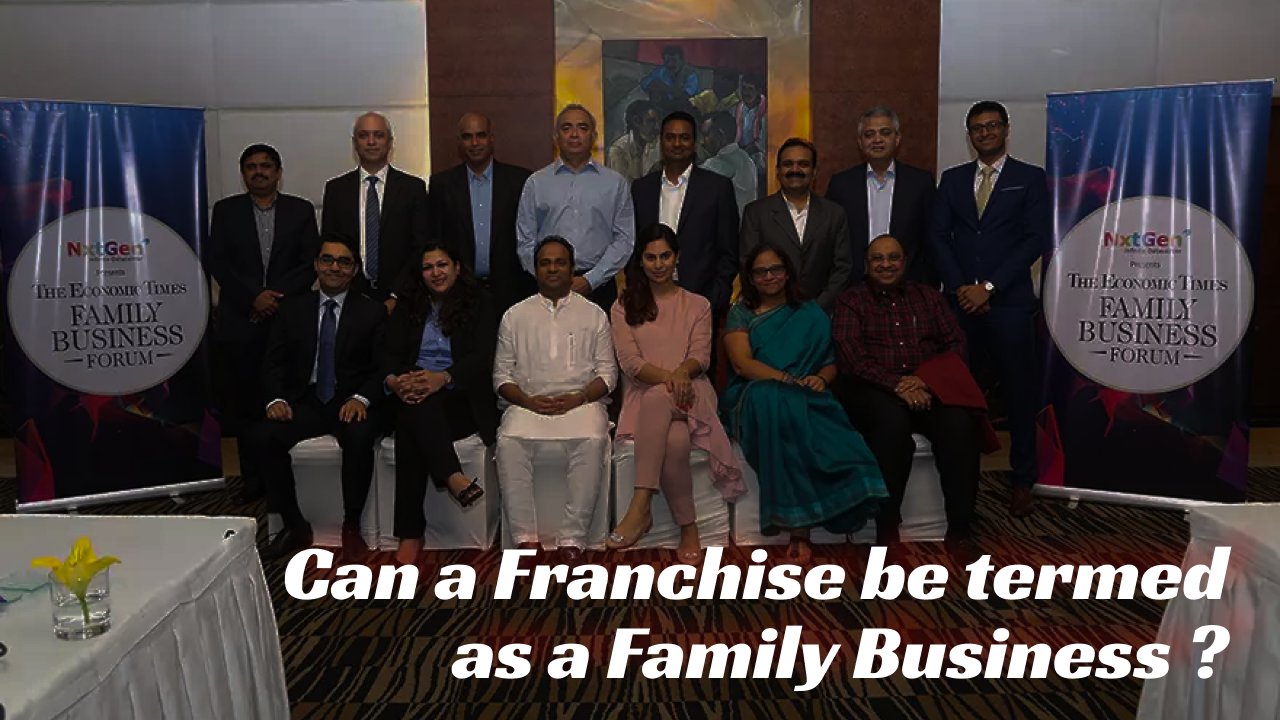CAN THE FRANCHISE BE A FAMILY BUSINESS
This article delves into the concept of franchising as a viable avenue for establishing a family busi-ness. It explores the fundamental understanding of franchises, outlines the primary advantages and disadvantages associated with franchising, and examines the potential of a franchise to be classified as a family business. Through examples and an analysis of the pros and cons specific to family-run franchises, this article provides insights into the dynamics, strategies, and implications of operating a franchise within a family framework. The conclusion synthesizes the discussion, highlighting the increasing trend of franchises as family-owned businesses and the unique contributions of familial collaboration to the brand's innovation and market presence.

Introduction:
Franchising is a business model that allows individuals to own and operate a branch of an established brand, offering them a unique opportunity to align with market trends while infusing personal innovative ideas. A franchise is characterized by the authority it grants to operate under a recognizable brand, with predefined products, services, and operational strategies. A classic example of franchising is when celebrities launch their exclusive lines of clothing or footwear, leveraging their brand for wider market reach.
Advantages and Disadvantages of Franchises:
Franchising brings numerous benefits, such as a proven business formula, market-tested offerings, and, often, established brand recognition. For instance, as a McDonald's franchisee, many decisions from product selection to store design are predetermined, easing the operational burden. Franchisors typically provide extensive training, financial planning assistance, and access to approved suppliers. However, despite these structured advantages, the success of a franchise is not guaranteed and depends on various market and operational factors.
Can a Franchise be Classified as a Family Business?
Franchises are increasingly becoming synonymous with family businesses. Many are operated by pairs of relatives, such as husband-wife or brother-sister duos, who embark on launching a brand under the franchise model. Consequently, many family-owned ventures today may be regarded as franchises.
Examples of Franchise as a Family Business:
To comprehend the concept of family-run franchises, one can observe the innovations brought forth by companies like Volkswagen in Germany and the Tata Group in India, which have familial roots and have successfully leveraged the franchise model.
Pros of a Family Franchise Business:
Running a family franchise offers a turnkey business model, which is particularly beneficial for those with limited business acumen. The comprehensive training provided equips families with the knowledge for successful operations. Branding is another significant advantage, as name recognition can drive early and sustained revenue. Additionally, franchisors often supply targeted local marketing strategies that are cost-effective and proven.
Challenges in a Family Franchise Business:
Family dynamics can present unique challenges in franchise operations. Designating roles and responsibilities may lead to internal conflicts, and the perceived imbalance of workload can cause friction. It's crucial for family members to navigate these dynamics carefully to avoid impacting customer experience and business health.
Conclusion:
In summary, the landscape of franchising has shifted to include a wide array of family-owned businesses, where relatives collaborate to innovate and create distinctive brands. The integration of familial ties into the franchising model presents both strategic advantages and potential interpersonal challenges that require careful management for long-term success.












